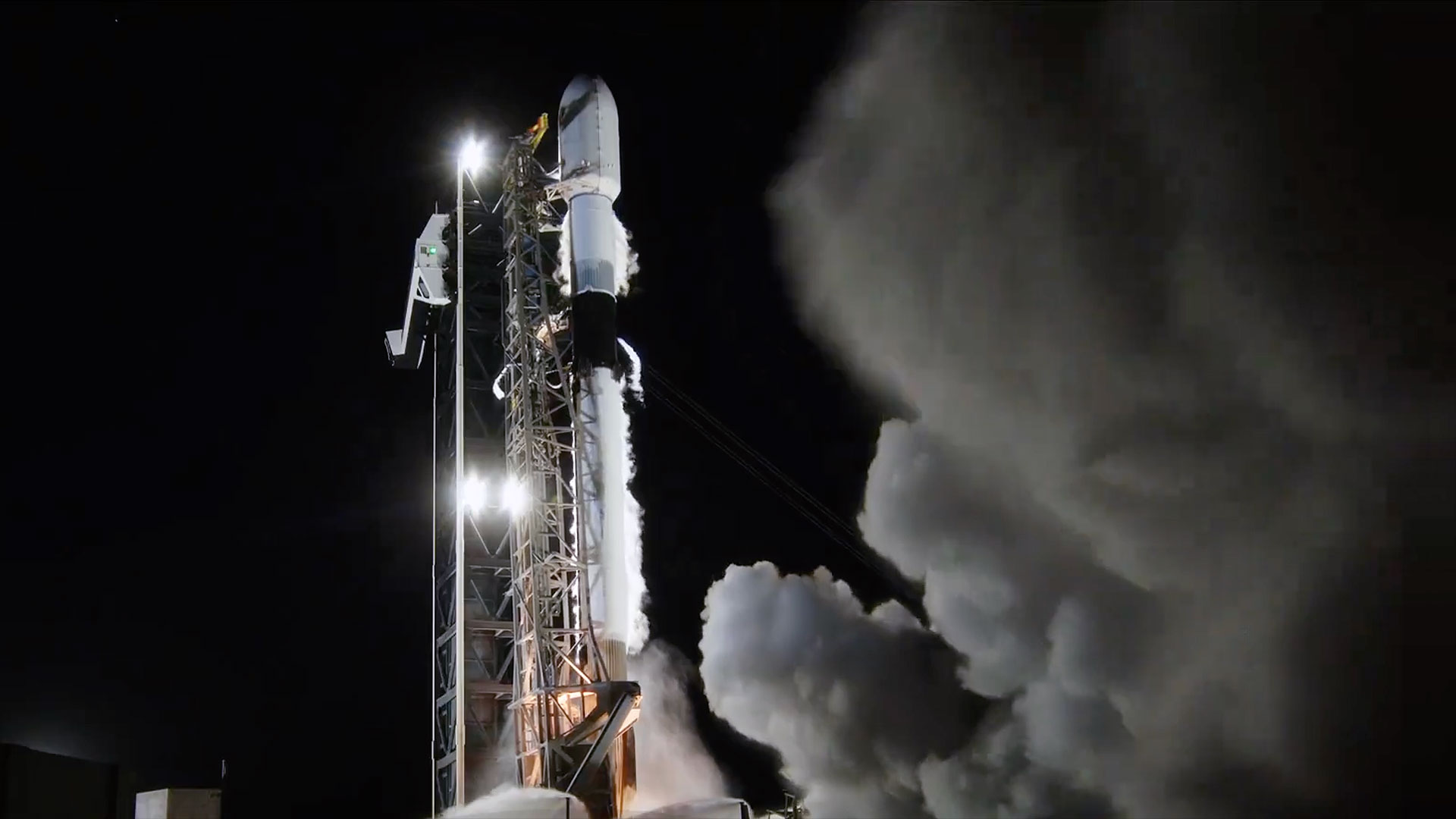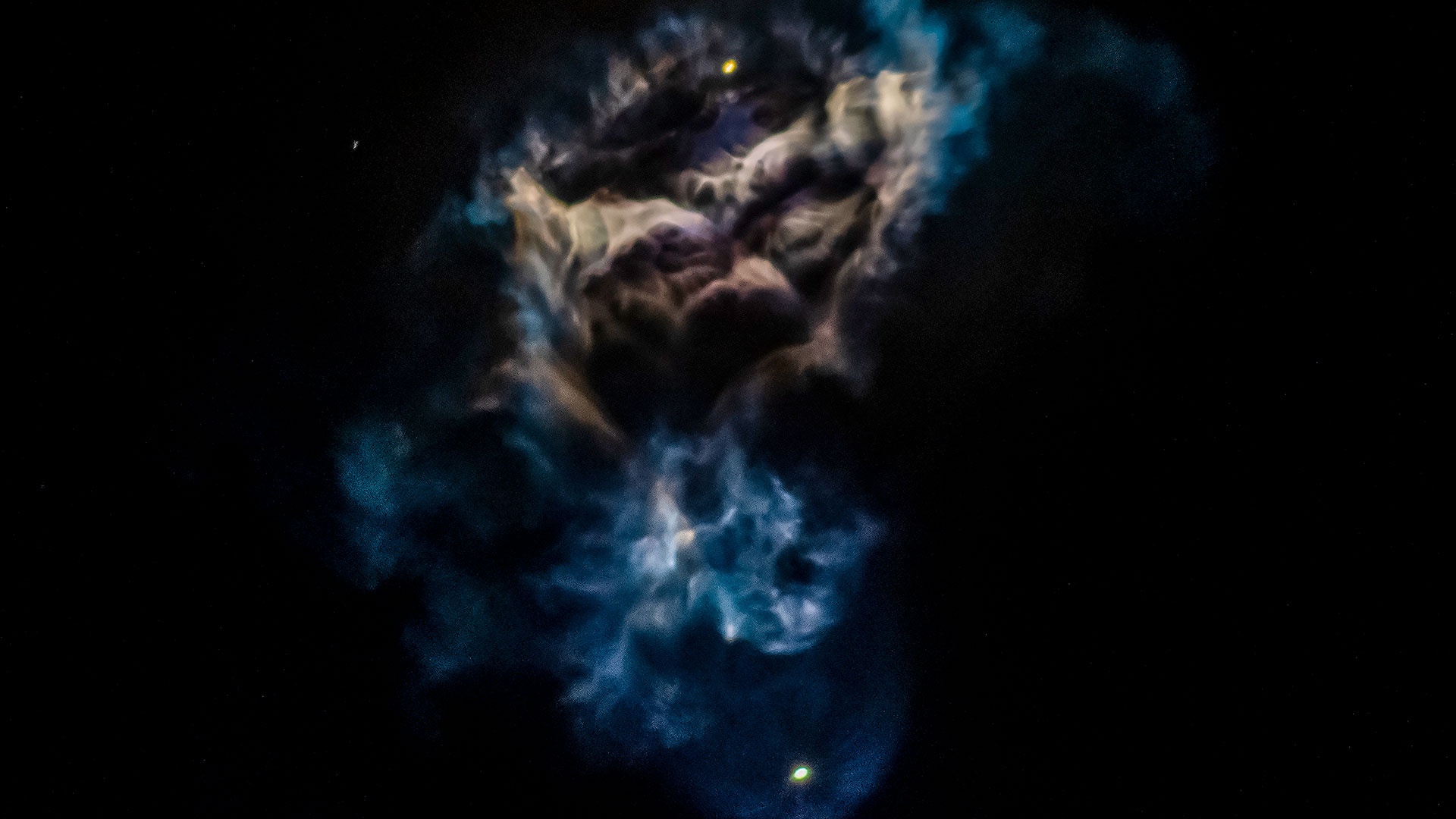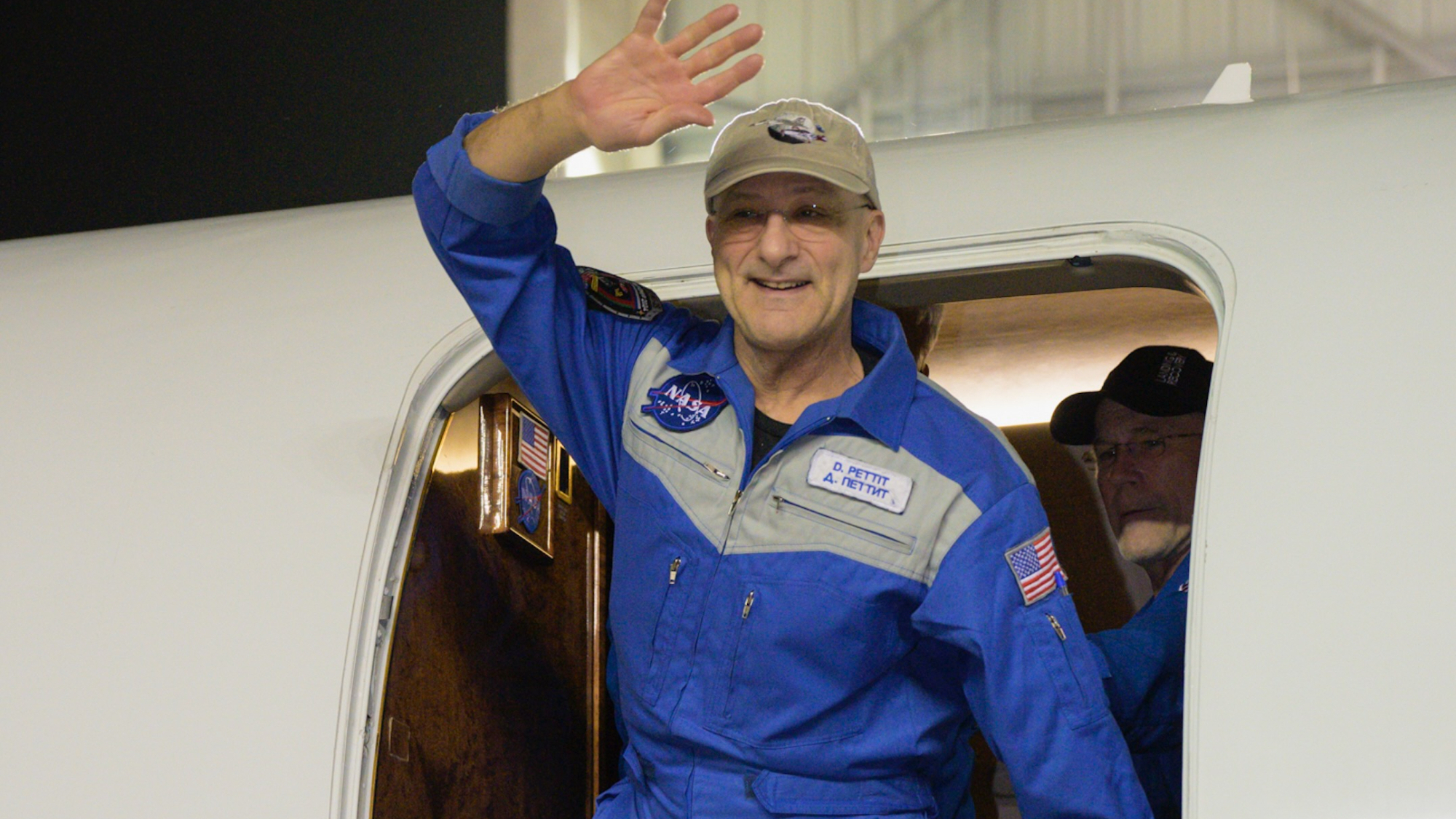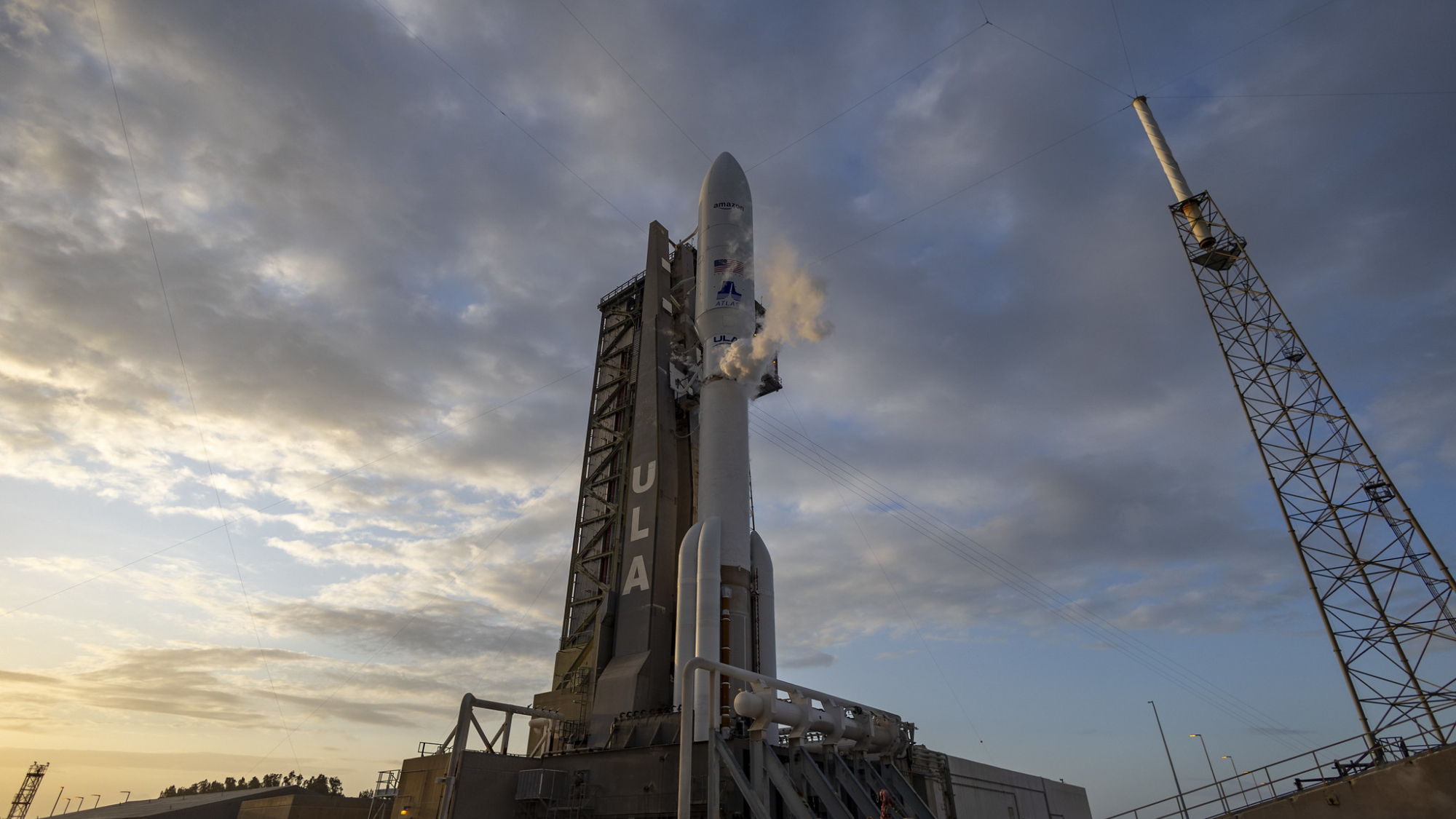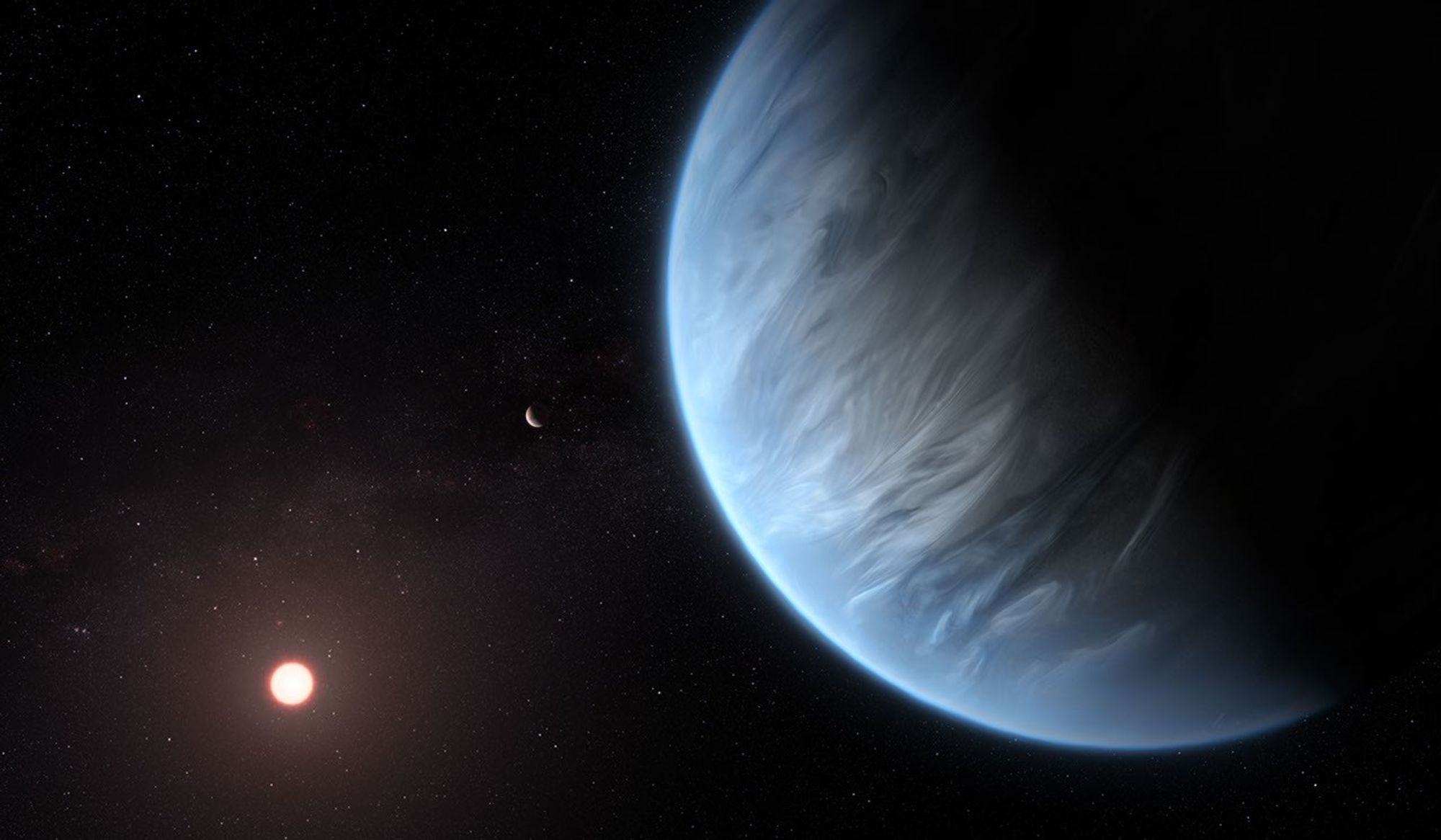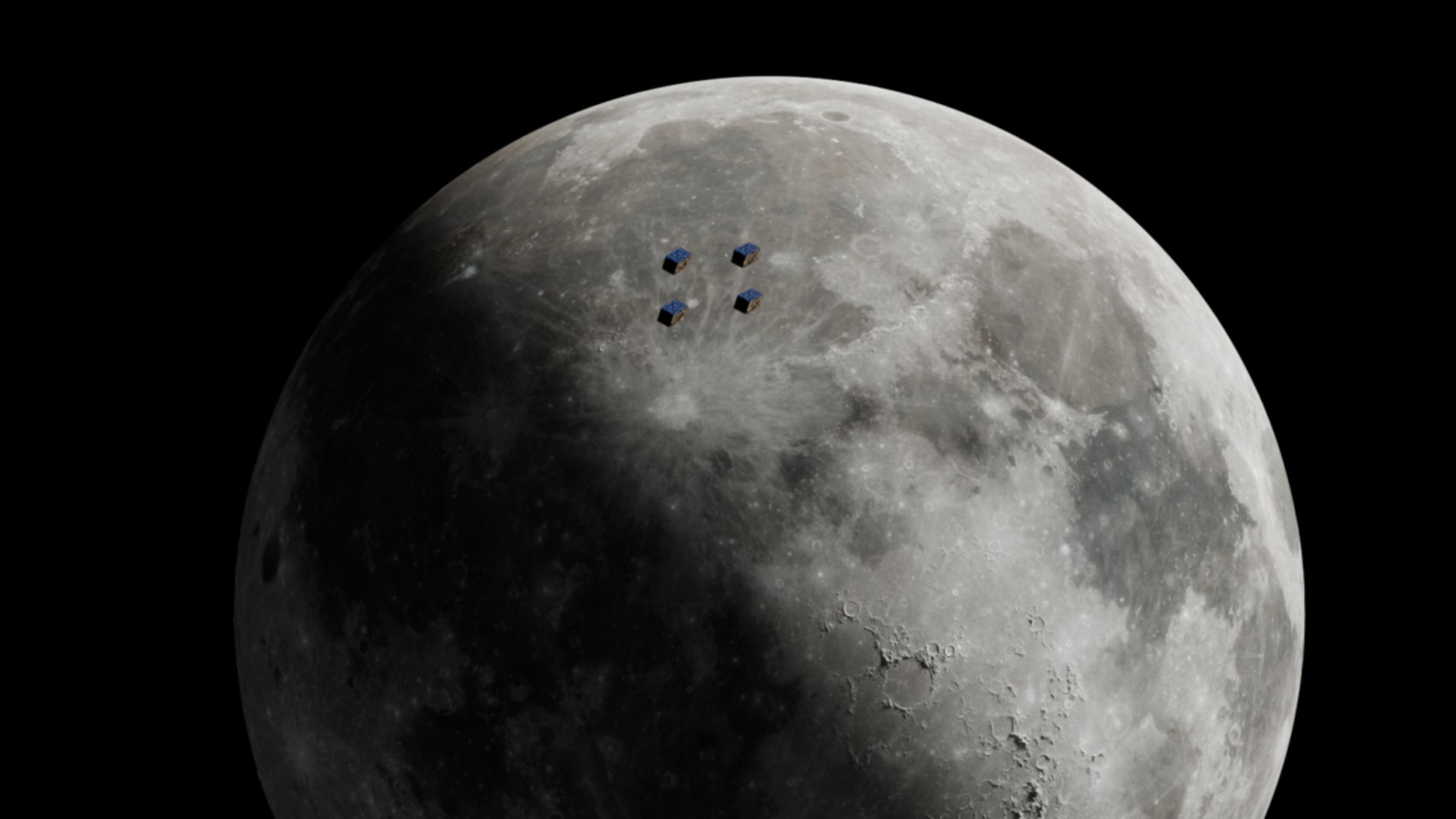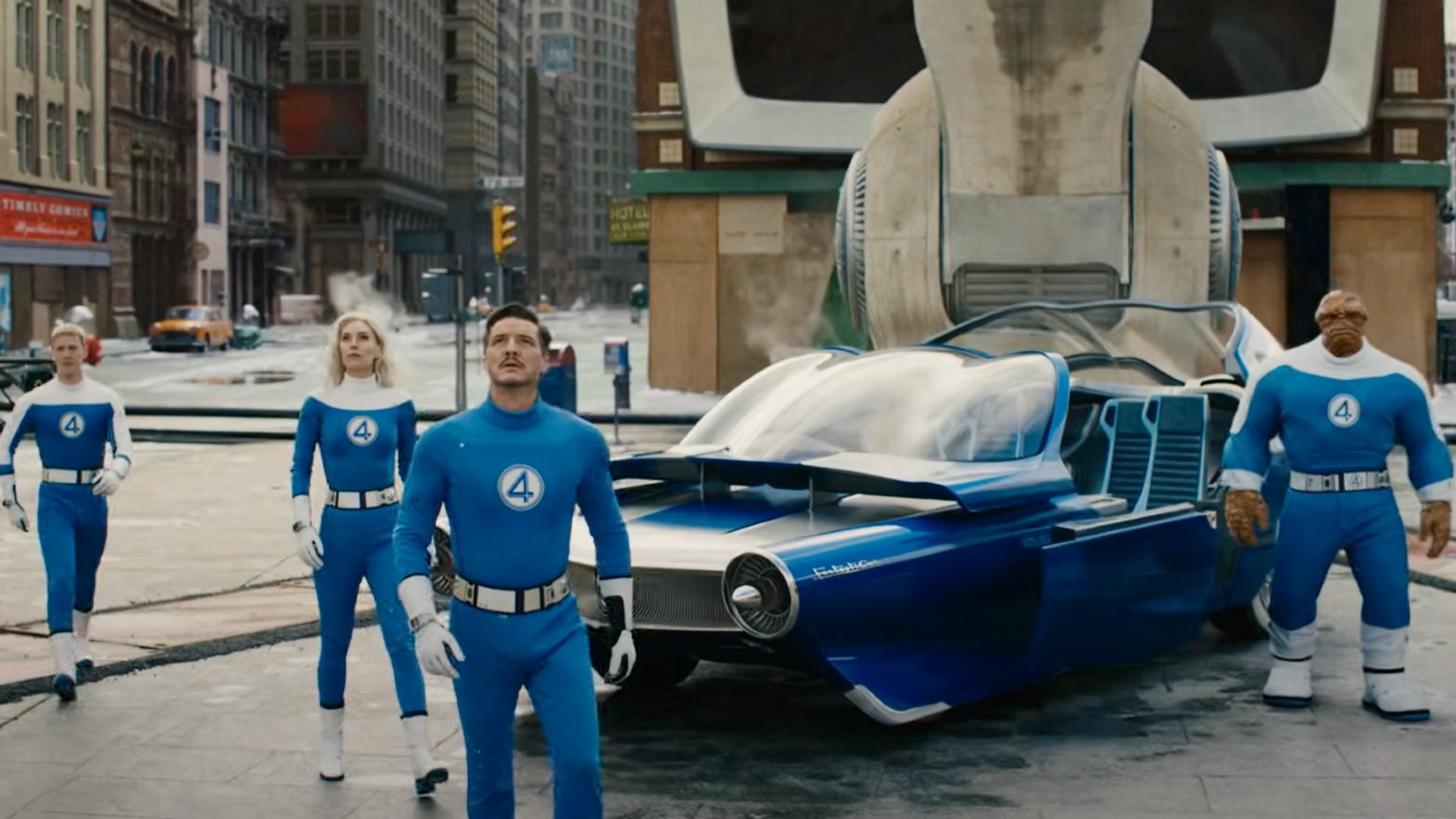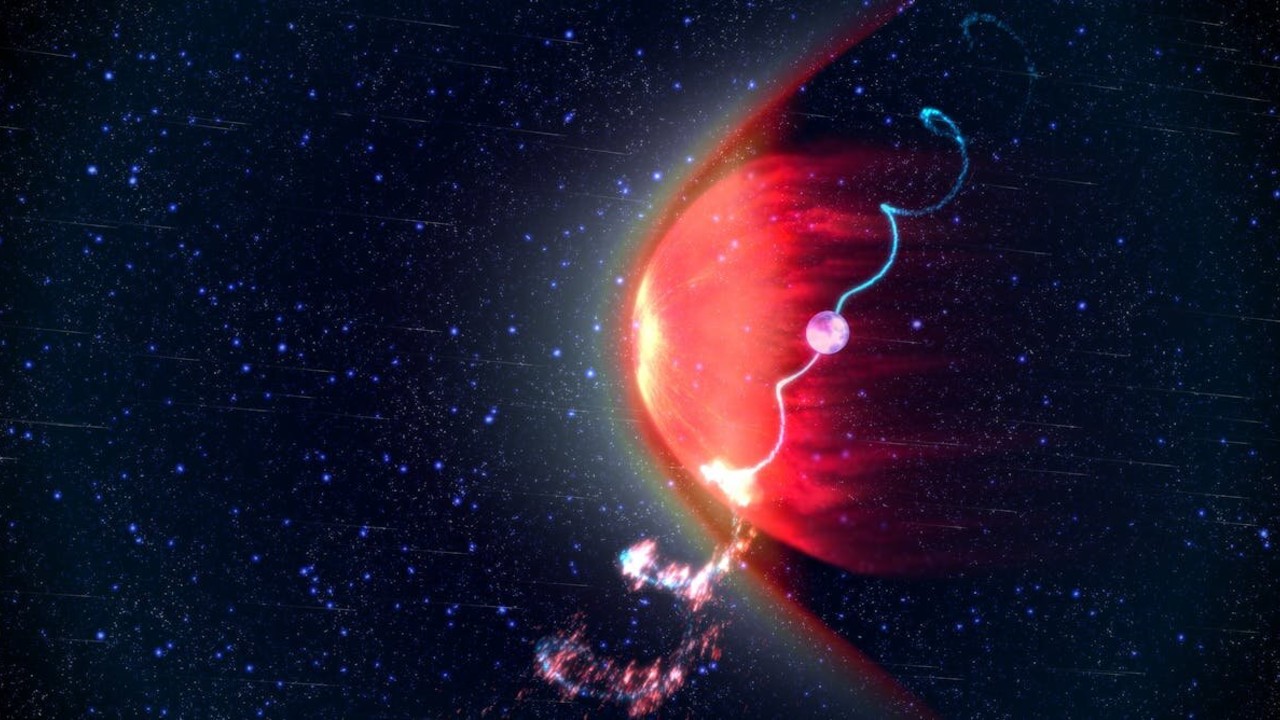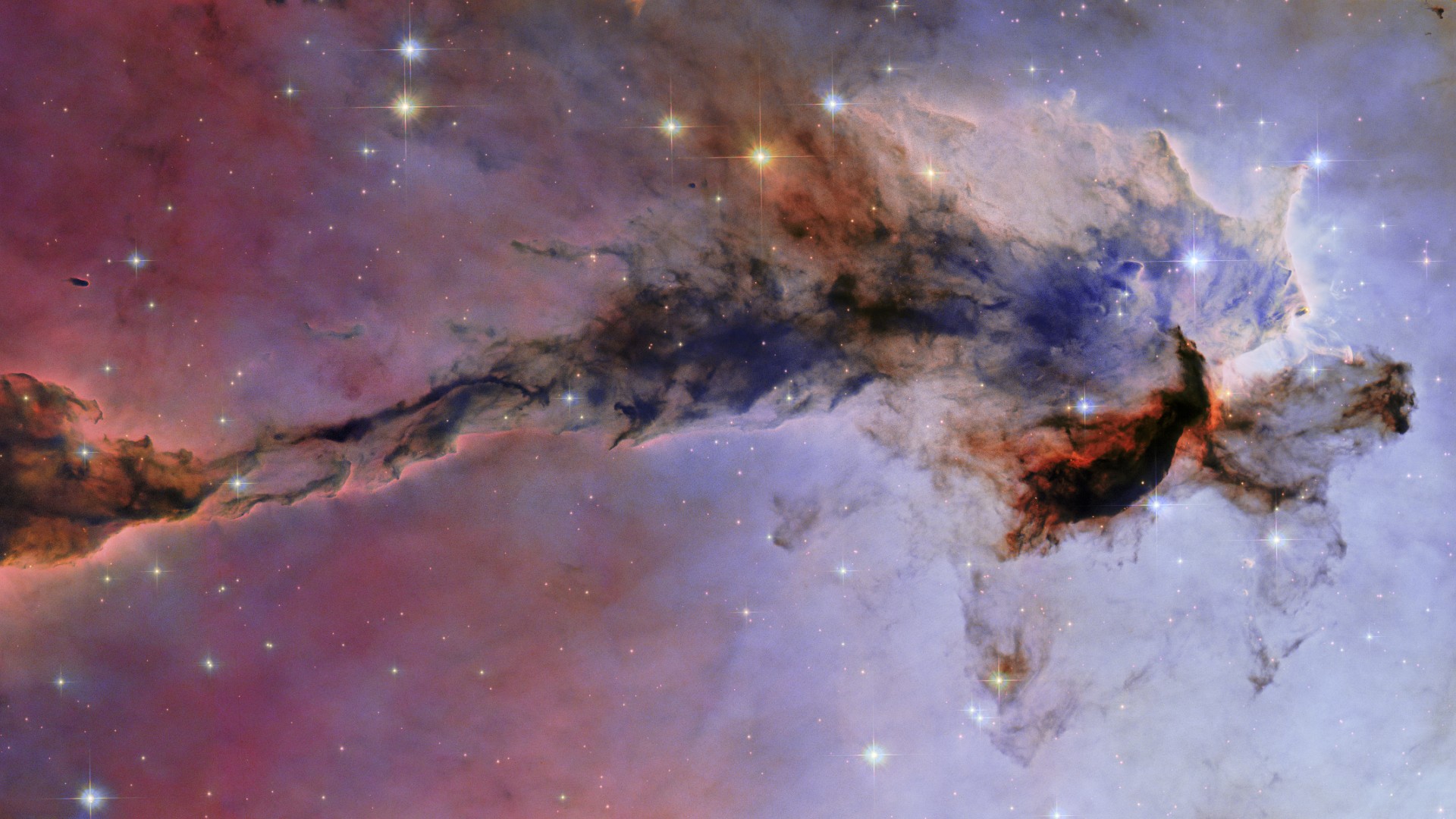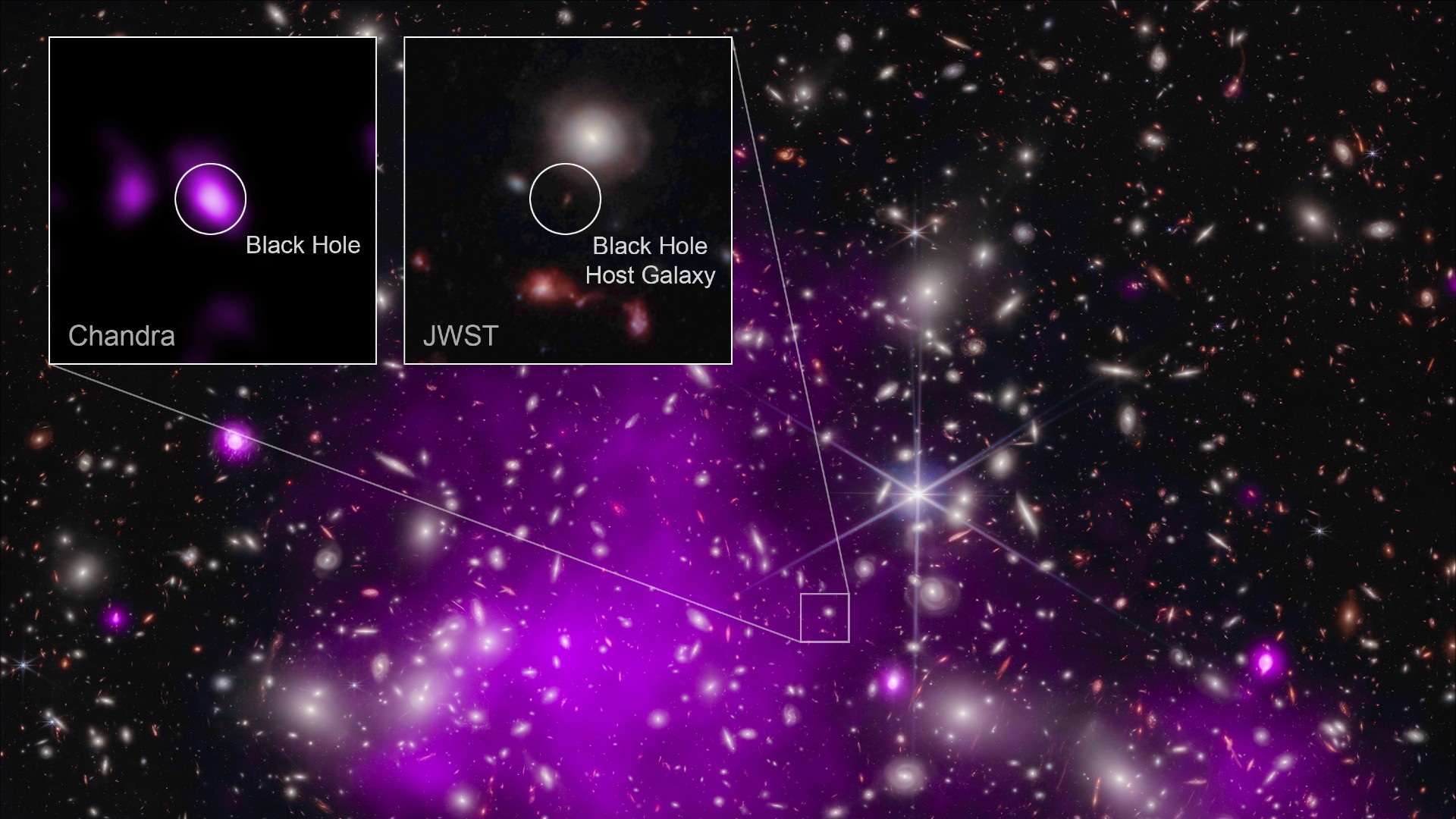'Mars' Finale Wraps Season 2 with Terror and Tragedy on the Red Planet
The whirlwind second season of National Geographic's "Mars" concluded Monday tonight (Dec. 17) with a bang. In this final episode, the world watches as boundaries are pushed and lives are both saved and lost on the Red Planet.
When this season of the space drama started, a commercial mining company called Lukrum Industries landed on Mars. Throughout the season, the power struggle between Lukrum and Olympus Town on Mars paralleled the struggle between the International Mars Science Foundation (IMSF) and Lukrum on Earth. While IMSF focused on terraforming efforts, the search for life, and scientific research, Lukrum remained profit-driven.
In the Season 2 finale, both Lukrum and Olympus Town feel the consequences of Lukrum's profit-motivated work. While Lukrum's CEO makes deals on Earth, the company's team on Mars is struggling to reach water below the planet's surface. And, although researchers are almost certain that water is just below the surface where Lukrum is drilling, the hard Martian material is just too tough for the drill bits to push through quickly. Kurt Hurrelle, who leads the Lukrum mining colony, starts to feel the pressure to reach liquid water as drilling efforts proceed at a snail's pace. [How Living on Mars Could Challenge Colonists (Infographic)]
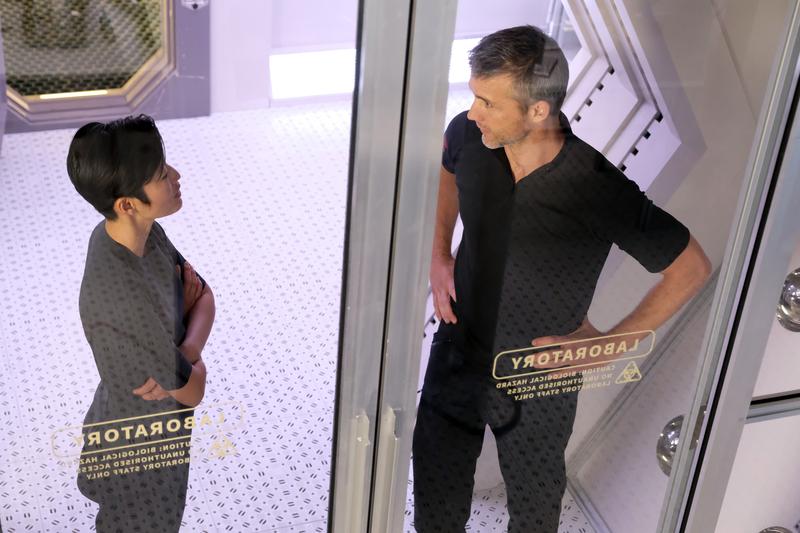
Hurrelle makes the drastic decision to use explosives to break through the Martian soil to get to the water. However, he doesn't consult IMSF or Olympus Town before doing so.
Hurrelle invites the scientist Marta from Olympus Town to collect samples of the liquid water once it's accessed. After reaching liquid water, those at the drill site are ecstatic, but only for a few brief moments. As Marta is collecting water samples, it becomes immediately clear that using explosives on a whim on Mars may not be the best idea.
Hurrelle's rash actions and Lukrum's insistence to push forward as fast as possible in mining the Red Planet highlights one of the greatest challenges that we will likely face once we land humans on Mars — not repeating the mistakes we're making on Earth.
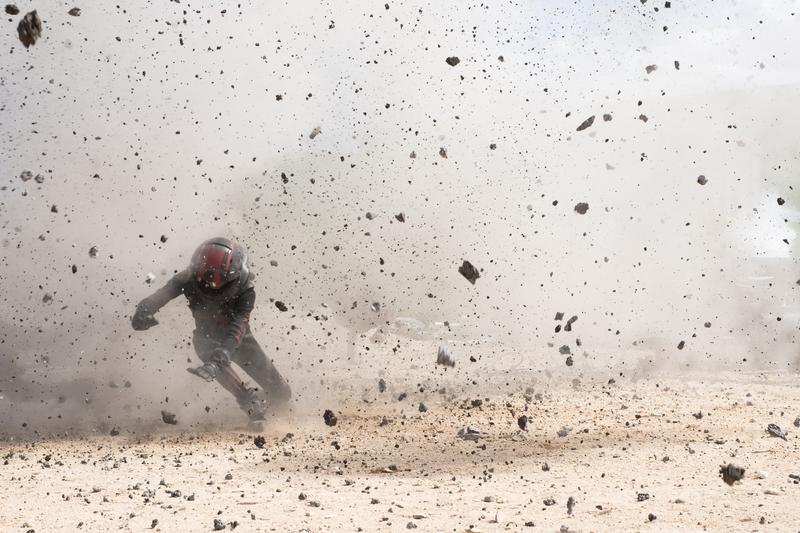
Here on Earth, we are battling climate change and its severe and sometimes fatal consequences. John Sonntag, a research and development scientist with NASA Goddard, takes viewers along with him in his real-life work in this final episode. Sonntag and his team fly over the Arctic to gather data on the state of the Arctic ice. And, as Sonntag explains in the episode, it is apparent just how quickly and drastically our planet is changing. "We see entire buildings worth of ice disappearing within the course of a year," Sonntag says in the episode.
Get the Space.com Newsletter
Breaking space news, the latest updates on rocket launches, skywatching events and more!
"You think you're in charge?" author, social activist and filmmaker Naomi Klein says in the episode. "I see climate change as a message from our planet that is being spoken to us in the language of floods and fires and droughts."
The episode considers whether our journey to Mars will bring out the best in us and inspire humanity to do better. Just as the famous Earthrise photo showed humanity just how fragile and precious our home planet is, perhaps Mars might provide a similar inspiration.
"When you see the bigger picture, it makes you really be cognizant of what we're doing to our environment," former NASA astronaut Leland Melvin says in the episode.
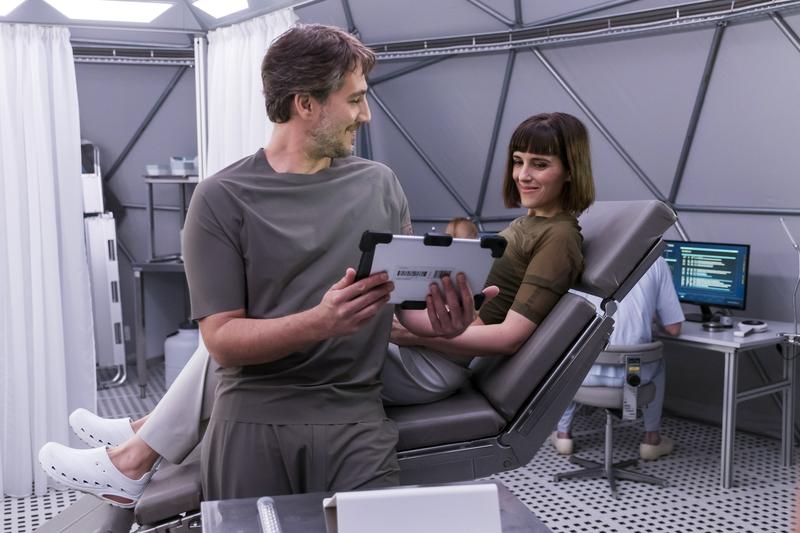
The events of this season showcase how important it is for government and private space enterprise to work together while, at the same time, striking a balance that doesn't sacrifice life and exploration for profit.
The finale draws to an emotional conclusion when the residents of Olympus Town finally see evidence that their years of terraforming efforts haven't been wasted.
"Mars" airs Mondays at 9 p.m. EST/8 p.m. CST on the National Geographic channel.
Follow Chelsea Gohd on Twitter @chelsea_gohd. Follow us @Spacedotcom, Facebook and Google+. Original article on Space.com.
Join our Space Forums to keep talking space on the latest missions, night sky and more! And if you have a news tip, correction or comment, let us know at: community@space.com.

Chelsea “Foxanne” Gohd joined Space.com in 2018 and is now a Senior Writer, writing about everything from climate change to planetary science and human spaceflight in both articles and on-camera in videos. With a degree in Public Health and biological sciences, Chelsea has written and worked for institutions including the American Museum of Natural History, Scientific American, Discover Magazine Blog, Astronomy Magazine and Live Science. When not writing, editing or filming something space-y, Chelsea "Foxanne" Gohd is writing music and performing as Foxanne, even launching a song to space in 2021 with Inspiration4. You can follow her on Twitter @chelsea_gohd and @foxannemusic.
